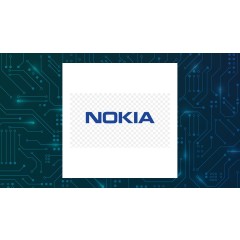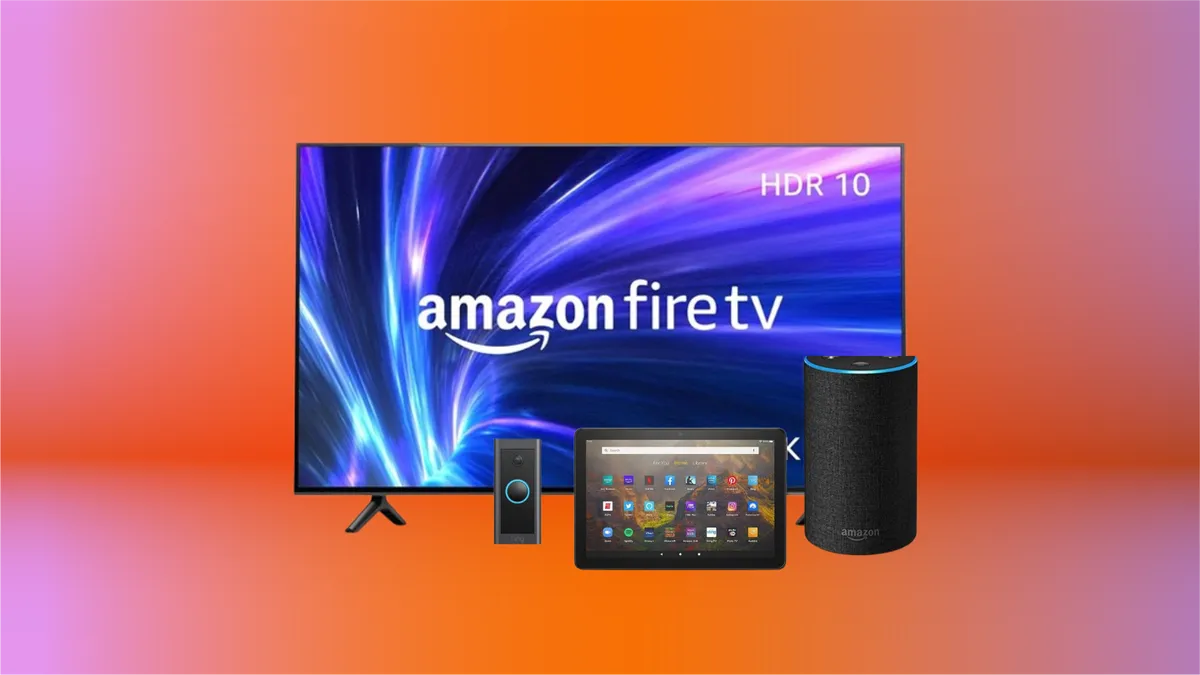
InterDigital (NASDAQ:IDCC – Get Free Report) and Nokia (NYSE:NOK – Get Free Report) are both computer and technology companies, but which is the better business? We will compare the two businesses based on the strength of their risk, analyst recommendations, dividends, institutional ownership, profitability, valuation and earnings.
Analyst Ratings
This is a breakdown of recent recommendations and price targets for InterDigital and Nokia, as reported by MarketBeat.
Get InterDigital alerts:
InterDigital presently has a consensus price target of $350.00, suggesting a potential upside of 1.43%. Nokia has a consensus price target of $5.52, suggesting a potential upside of 18.64%. Given Nokia’s higher probable upside, analysts clearly believe Nokia is more favorable than InterDigital.
Dividends
InterDigital pays an annual dividend of $2.40 per share and has a dividend yield of 0.7%. Nokia pays an annual dividend of $0.13 per share and has a dividend yield of 2.8%. InterDigital pays out 17.1% of its earnings in the form of a dividend. Nokia pays out 65.0% of its earnings in the form of a dividend. Both companies have healthy payout ratios and should be able to cover their dividend payments with earnings for the next several years. InterDigital has raised its dividend for 3 consecutive years.
Volatility & Risk
InterDigital has a beta of 1.42, indicating that its share price is 42% more volatile than the S&P 500. Comparatively, Nokia has a beta of 0.9, indicating that its share price is 10% less volatile than the S&P 500.
Earnings and Valuation
This table compares InterDigital and Nokia”s revenue, earnings per share and valuation.
Nokia has higher revenue and earnings than InterDigital. Nokia is trading at a lower price-to-earnings ratio than InterDigital, indicating that it is currently the more affordable of the two stocks.
Profitability
This table compares InterDigital and Nokia’s net margins, return on equity and return on assets.
Insider and Institutional Ownership
99.8% of InterDigital shares are owned by institutional investors. Comparatively, 5.3% of Nokia shares are owned by institutional investors. 2.3% of InterDigital shares are owned by insiders. Strong institutional ownership is an indication that endowments, hedge funds and large money managers believe a company will outperform the market over the long term.
Summary
InterDigital beats Nokia on 12 of the 17 factors compared between the two stocks.
About InterDigital
(Get Free Report)
InterDigital, Inc. operates as a global research and development company with focus primarily on wireless, visual, artificial intelligence (AI), and related technologies. The company engages in the design and development of technologies that enable connected in a range of communications and entertainment products and services, which are licensed to companies providing such products and services, including makers of wireless communications, consumer electronics, IoT devices, and cars and other motor vehicles, as well as providers of cloud-based services, such as video streaming. It designs and develops a range of innovations for use in digital cellular and wireless products and networks, including 2G, 3G, 4G, 5G, and IEEE 802-related products and networks. The company also develops cellular technologies, such as technologies related to CDMA, TDMA, OFDM/OFDMA, and MIMO for use in 2G, 3G, 4G, and 5G wireless networks, as well as mobile terminal devices; and 3GPP technology portfolio in 5G, 5G, advanced and 6G, as well as technologies for automobiles, wearables, smart homes, drones, and other connected consumer electronic products. In addition, it provides video coding and transmission technologies; and engages in the research and development of artificial intelligence and machine learning solutions. Further, the company’s patented technologies are used in various products that include smartphones, tablets, consumer electronics, and base stations; televisions, laptops, gaming consoles, set-top boxes, streaming devices, and connected automobiles. InterDigital, Inc. was incorporated in 1972 and is headquartered in Wilmington, Delaware.
About Nokia
(Get Free Report)
Nokia Oyj provides mobile, fixed, and cloud network solutions worldwide. The company operates through four segments: Network Infrastructure, Mobile Networks, Cloud and Network Services, and Nokia Technologies. The company provides fixed networking solutions, such as fiber and copper-based access infrastructure, in-home Wi-Fi solutions, and cloud and virtualization services; IP networking solutions, including IP access, aggregation, and edge and core routing for residential, mobile, enterprise and cloud applications; optical networks solutions that provides optical transport networks for metro, regional, and long-haul applications, and subsea applications; and submarine networks for undersea cable transmission. It serves its products and services to communications service providers, webscales and hyperscalers, digital industries, and government. The company also offers mobile technology products and services for radio access networks and microwave radio links for transport networks, network management solutions, as well as network planning, optimization, network deployment, and technical support services. In addition, it offers cloud and network services, including core network solutions, such as voice and packet core; business applications, such as security, automation, and monetization; cloud and cognitive services; and enterprise solutions, including private wireless and industrial automation. Further, the company licenses intellectual property, including patents, technologies, and the Nokia brand. Nokia Oyj was founded in 1865 and is headquartered in Espoo, Finland.



